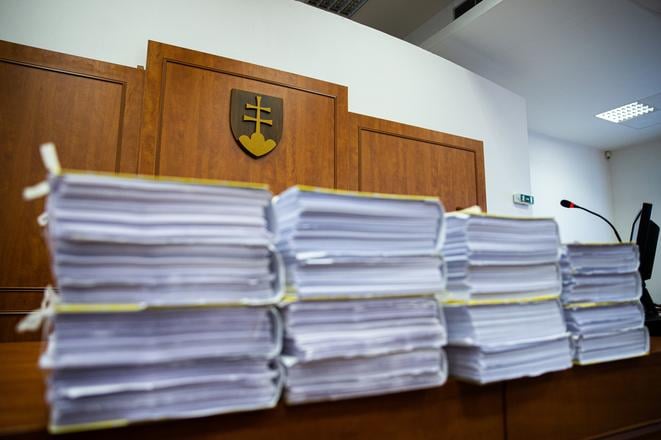Investigations of crimes take a long time and are accompanied by unnecessary delays, the non-governmental organisation Fair-play Alliance (AFP) claimed.
“We are afraid that there is a vicious circle: there is no data about fact, there are regular delays in the investigation and responsible people may pretend the problem does not exist,” said Peter Kunder, director of the Fair-Play Alliance.

TV cameras help
There is also a lack of interest in creating statistics that would document the time of an investigation's individual phases, he added.
Kunder said that it is clear, based on several cases reported on by media, that investigations take too long, but the people responsible are not handling the issue.
“We believe that, at least when investigating crimes linked to corruption, abuse of public function and economic crimes linked to the illegal appropriation of public finances, delays in investigations are real,” he noted.
The Fair-Play Alliance added that in their experience, changes in the management of police corps or its units did not improve the situation very much.
“The cases we observe show that positive changes happen only in those closely followed by TV cameras,” Kunder said.
Lesser punishment and financial compensation
Kunder cited the long investigation regarding the bulletin-board tender case, which took seven-and-a-half years to investigate.

Due to the excessive duration, the court meted out a lesser punishment to the former ministers. The length of the investigation was the reason why one of the convicts received only three years in prison – which also allows for conditional postponement. This person even received financial compensation due to the investigation's length.
The alliance objected to the processes that lead to excessively long investigations. The NGO initiated an investigation that came to the conclusion, where police and the prosecution’s office agreed that no law was breached when investigating the case.
The alliance proposed adjusting the rules to avoid such a result.
The programme statement of the government showed no ambition in speeding up the investigation of crimes, Kunder noted.



 Illustrative stock photo (source: Sme)
Illustrative stock photo (source: Sme)